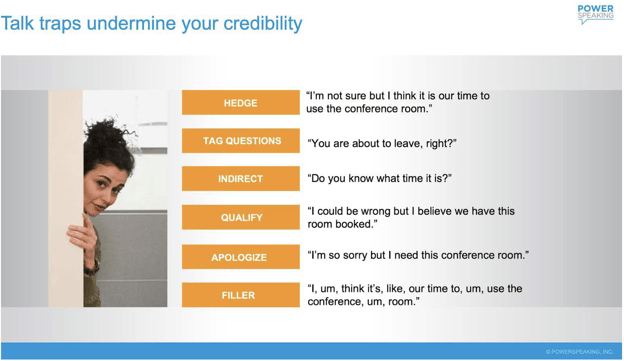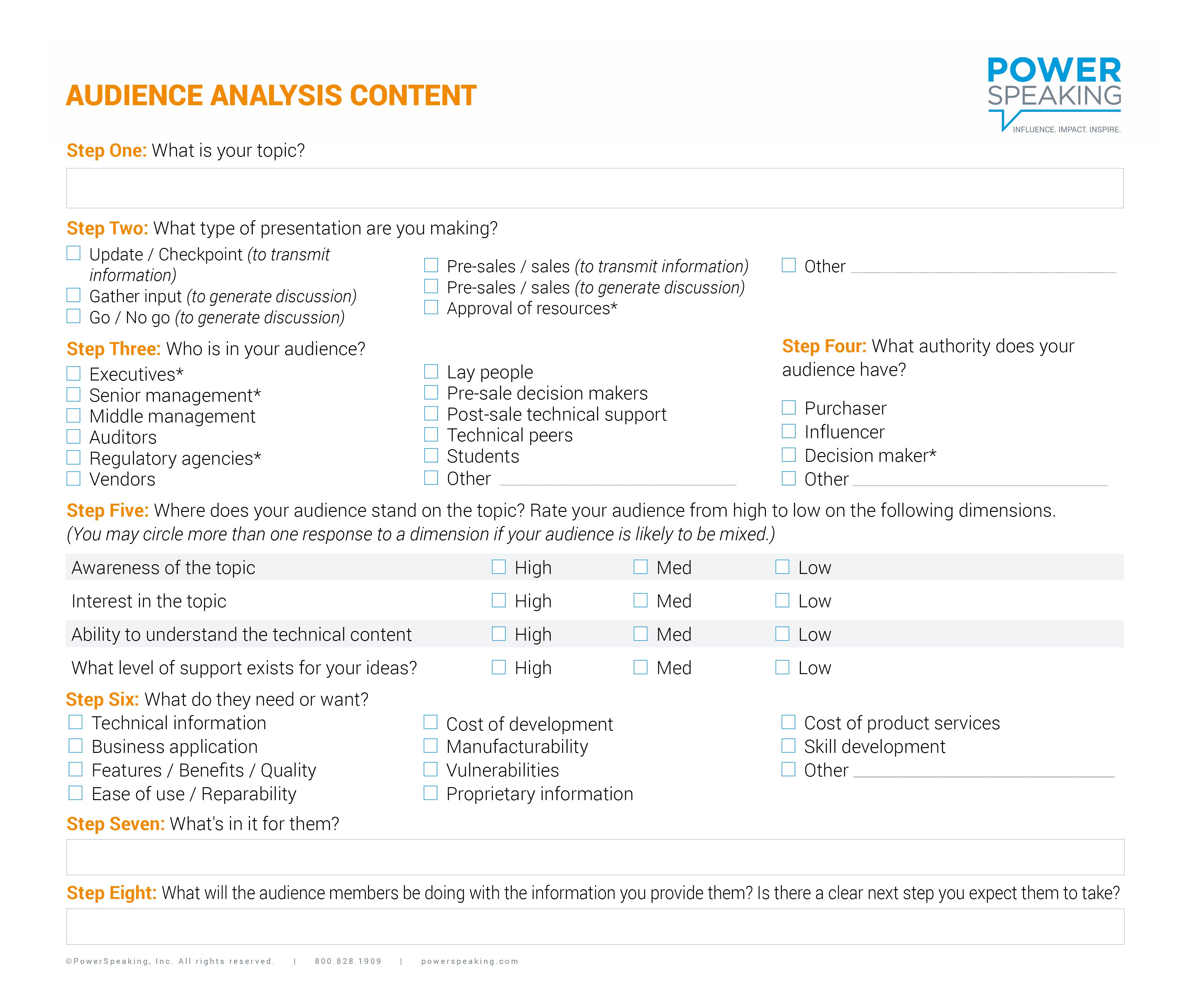
Women in science, technology, engineering, and math (STEM) are no strangers to seeing paths blocked and doors shut because of gender bias. While women have made inroads into these fields, they’re still in the minority . . .
Just 33% of the world’s researchers are women and this under representation occurs worldwide. — Unesco Science Report 2021
Only 5% of leadership positions in the technology sector are held by women. — PriceWaterhouseCooper (PwC) UK
Minority women are still grossly underrepresented in the U.S. STEM workforce: 13% Asian, 9% Black, 8% Hispanic. — Pew Research Center 2021
Despite these dismal numbers I’m hopeful for change, for two reasons. First, I’m inspired by the amazing work being done by countless organizations and individuals for gender parity and drawing more women to STEM careers.
I love the message of confidence and hope from young women like this student at Carnegie Mellon Africa . . .
Source: Carnegie Mellon University Africa, "CMU-Africa Celebrates International Day of Women and Girls in Science" via YouTube
The second reason I feel hopeful has to do with the work we do at PowerSpeaking, Inc. One of the most powerful skills women can develop to effect change in their careers, in the workplace, and in their communities is clear, confident, courageous communication.
Through programs like our Confident Speaking for Women, HighTechSpeaking®, and Speaking Up: Presenting to Decision Makers®, we’ve seen thousands of women make dramatic changes in their confidence level and in their impact by becoming more masterful communicators.
When we talk with women in our workshops about the key challenges they face in the workplace that stem from bias, there are three that come up again and again: not being seen and heard, not feeling respected, and not being seen as a candidate for advancement.
The good news is that by becoming a more confident and courageous communicator, you can begin to overcome these common challenges. Let’s take a look at them, one by one . . .
The Challenge: Not Being Seen and Heard
Like any woman in science or tech, you probably—and rightly—think you should have a seat at the table based on your expertise and accomplishments. But you probably also know that even when you are invited to a meeting, you sometimes feel invisible—or worse, discounted.
Ever proposed an idea in a meeting, got zero response, then watched as a male introduced the same thought later in the meeting, and the team’s response was, “Great idea!”?
Research has shown that women are more apt to be interrupted, talked over, misunderstood, and ignored in the workplace, no matter their expertise. While this sometimes happens for reasons that are out of your control (e.g., personality types), there are things you can do to communicate that, “Yes, I’m here, and I have something important to say.”
Here are a few strategies . . .
Make yourself visible and memorable
There’s a curious thing that happens when women either don’t make their presence known or don’t introduce themselves effectively when joining a meeting or discussion.
Sheila Jordan, Chief Digital Technology Officer at Honeywell, has some pointed advice on making yourself visible from the outset . . .
Cindy Solomon, leadership development consultant, author, and owner of the Courageous Leadership Institute®, adds to Sheila’s point by talking about their research on “level setting” when you walk in . . .
And it’s not just what you say and how you say it that counts. Like the old adage, “A picture speaks a thousand words,” your nonverbal “language” says volumes. The female executives in this next clip talk about the impact your body language has on how people perceive you, not just when you’re in a meeting, but also when making a presentation or giving a talk . . .
Deal with interruptions
Being constantly interrupted and talked over are, sadly, common experiences among women in the workplace. Solomon has some interesting insights about proactive things you can do to lessen the chances you’ll be talked over . . .
Of course, there will be people who just have a bad habit of butting in. I love this advice from a recent Harvard Business Review article, “How to Manage Interruptions in Meetings,” on how to respond when you’re interrupted by a peer:
“When a peer interrupts you, think about why they’re interrupting you in the first place. Consider their objective. If it’s to change the topic or get you to stop talking, you want to make direct eye contact with the interrupter and say, ‘Mike, I’m going to finish my point. This is an important topic and I want to make sure that everyone is informed.’
However, if their objective is to challenge or criticize what you are saying, go with: ‘Mike, I’ll be glad to get your feedback after I’ve shared my perspective, but I’d like to make sure you actually hear it first.’
The point is: "Acknowledge your interrupter. Tell them you hear them, but make sure you finish your point. Once you’re done, you can address the interrupter and ask them to share their thoughts.”
Here’s another idea . . . If you’re in management or are in a position to change how a particular meeting is run, think about actions you can take to encourage uninterrupted participation from everyone. Here’s a strategy mentioned in CIO online . . .
“We switch who runs meetings each week,” says Breanne Acio, co-founder and CEO of Sēkr, a female-run tech startup. “And we invite every single person to speak. We create an environment that allows for contributing without anyone having to be the interrupter.”
So, the good news is that there are things we can do, as women, to meet and rise above the challenge of not being seen and heard. Next up is a challenge that in some ways, takes more time and effort to overcome . . .
The Challenge: Not Feeling Respected
While you might not be able to change other people’s conscious or unconscious biases, you can often change their perception of you. One of the most powerful ways to do that is to be more clear and confident when you communicate. When you do that, you are more likely to gain the respect you deserve.
Here are a few things to consider . . .
Avoid talk traps
Solomon urges women to avoid “talk traps” that muddy their message . . .
“When women put a lot of inconsequential words around their thoughts or their ideas or their opinions, or they hedge, apologize, come up at the end vocally as if they’re asking permission for their opinion or idea,” she says, “all of those things diminish the content because of the delivery.”
Wondering if you’re guilty of falling into talk traps? Check out this short list of common offenders . . .

Another speech habit to break if you have it is “uptalk.” It’s amazing to me that in spite of the fact that much has been written and joked about it, I still hear women affect that sing-song lilt at the end of their sentences. I love how Yvonne Lin Liu, MD, senior medical director at Genentech, Inc. describes the effect of uptalk . . .
Often, commanding respect starts with demonstrating a confidence that says you respect yourself. So don’t fall into talk traps, and ditch the uptalk.
Get to the point—quickly and clearly
The extent to which you get to the heart of the matter and communicate clearly is the extent to which you will command attention and respect (not to mention gratitude, when you don’t waste people’s precious time).
People in science and technology industries are often the most guilty of drowning their audiences in too much technical minutiae or extraneous detail. Most often, it’s probably because they assume others need all of the deep-dive data to understand their larger point or proposal. And then sometimes, the urge to demonstrate technical prowess through mountains of detail in order to gain respect is too powerful to resist.
Of course it makes absolute sense to live in the technical detail when you’re talking with your peers. But if you need to make a presentation or give a talk to a mixed audience, or are in a meeting with people outside your field, what’s important is the meaning/importance of the data to your audience—not just the data itself.
The best way to make sure you tailor the type and level of detail to your audience is to think in advance about who they are and what is relevant to them. In our workshops we offer an audience analysis tool that helps people think through that process . . .

If you are or will soon be in a position to present to senior management, you’ll need to take a somewhat different approach. In our research with C-level executives, we learned there are very different, specific strategies that spell success with them. We captured those strategies in an e-book you’re welcome to download . . .

Before you try to deliver your next presentation to executives, keep this in mind . . .
Most people fail with their attempt to wow the top executives for one simple reason: C-level execs demand an entirely different approach from presenters than does a general business audience. Learning to think like senior executives and present to them means learning new habits—and breaking old ones:

The Challenge: Not Being Seen as a Candidate for Advancement
You don’t have total control over bias that might prevent you from being seen as advancement material. But again, there are communication strategies you can master that can break through barriers.
Communicate your ambitions
Here’s the hard, simple truth about advancing up the organisational ladder, most especially for women: If you don’t ask for it, you’ll likely not get it. No matter how knowledgeable and accomplished women might be, they sometimes aren’t considered for promotions because: a) they’re too timid to make their case, and/or b) they assume they shouldn’t have to ask.
In a CRN interview, Boston Consulting Group Managing Director and Partner Neveen Awad cited a finding from a survey they conducted among 750 tech leaders: “Women that we interviewed said, while it seems simple, you actually have to state your ambition out loud because we assume people know we want to become leaders, but actually without communicating it, people don’t know how to support us and enable and help us.”
Not taking credit for our accomplishments is another thing we women do that gets in the way of advancement. Here are more insights from female executives on communicating your ambitions and owning your own success . . .
Find ways to escape the likability trap
This one is really tough. To get ahead in your career you will often need to be assertive. But the discouraging reality is that gender stereotypes and bias still drive people (and not just men) to label assertive women as aggressive or unlikable. Furthermore, according to Lean In, an organization that works to overcome gender bias, if you aren’t liked, you are seen as incompetent.
So how can strong communication skills help you walk the likability line?
Here are several examples . . .
When you want to test the waters
Let’s say you’ve just joined a new, cross-departmental project team, and you want to make a meaningful impact through your expertise and experience. How assertive should you be when discussing data, project targets, and responsibilities?
In a New York Times article, law professor and co-author of “What Works for Women at Work” Joan C. Williams says, “ . . . the first step is to behave as assertively as comes naturally and see what happens. If you find your effectiveness jeopardized because you being yourself triggers dislike, then you need to decide whether overcoming the backlash is worth the sacrifice.”
She goes on to say that “The most common anti-backlash strategy I found in the women I interviewed was to mix authoritativeness and warmth." One woman Williams interviewed who has since become a chief executive told her, “I got feedback I was intimidating, so I would make sure that I got to know people, and before a meeting I would share something personal to make myself more approachable.”
When you want to disagree
You might find yourself walking the assertive vs. likable line most often when you want to disagree with someone. And if you’re like many women—especially young, or new to the company—you might preface your disagreement with an apology. Solomon joins Colleen Berube, CIO and SVP of Operations at Zendesk, in pointing out how not to do that . . .
When you want to change people's perception of you
I’d like to share a powerful video with you. In a talk given at a university conference, former Wall Street executive and author Carla Harris offers the most edgy, incisive advice I’ve heard in a while about how to take more responsibility for how people perceive you. In it, she stresses that “Perception is the co-pilot of reality” and talks about how you can use behavior and language to make people really see what you see in yourself, and what you’re capable of accomplishing . . .
Source: Take the Lead Women, "How to Own Your Power Presentation - Carla Harris - Take the Lead," via YouTube
Final Thoughts . . .
I hope you’ve found these insights and tips helpful. The last piece of advice I’d offer is to find a mentor, sponsor, or community of other women who can support and guide you when you need it. The fields of science and technology are challenging enough, without the added burden of being held back by gender bias. So, along with developing the communication skills you’ll need to break through barriers and succeed, reach out to other women for the insights and help only they can give.
A few other resources:
Women in Technology International
Association for Women in Science
Ascend Global Media (for women in tech)






.png)


